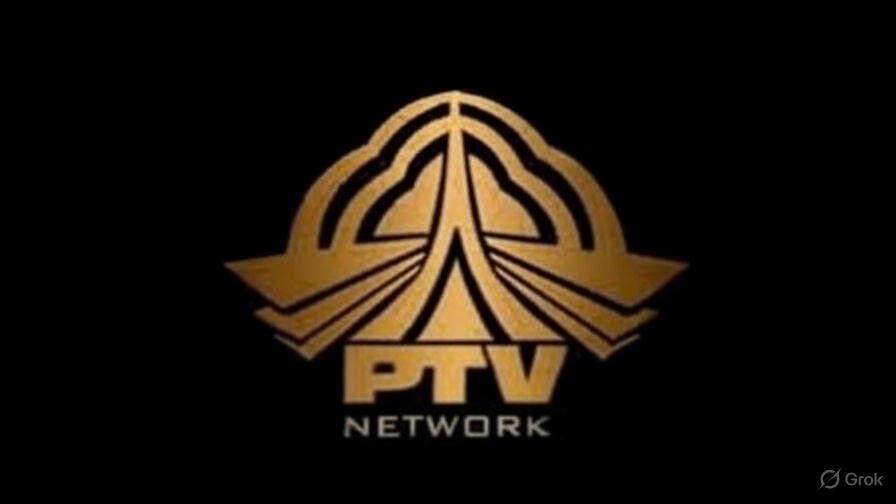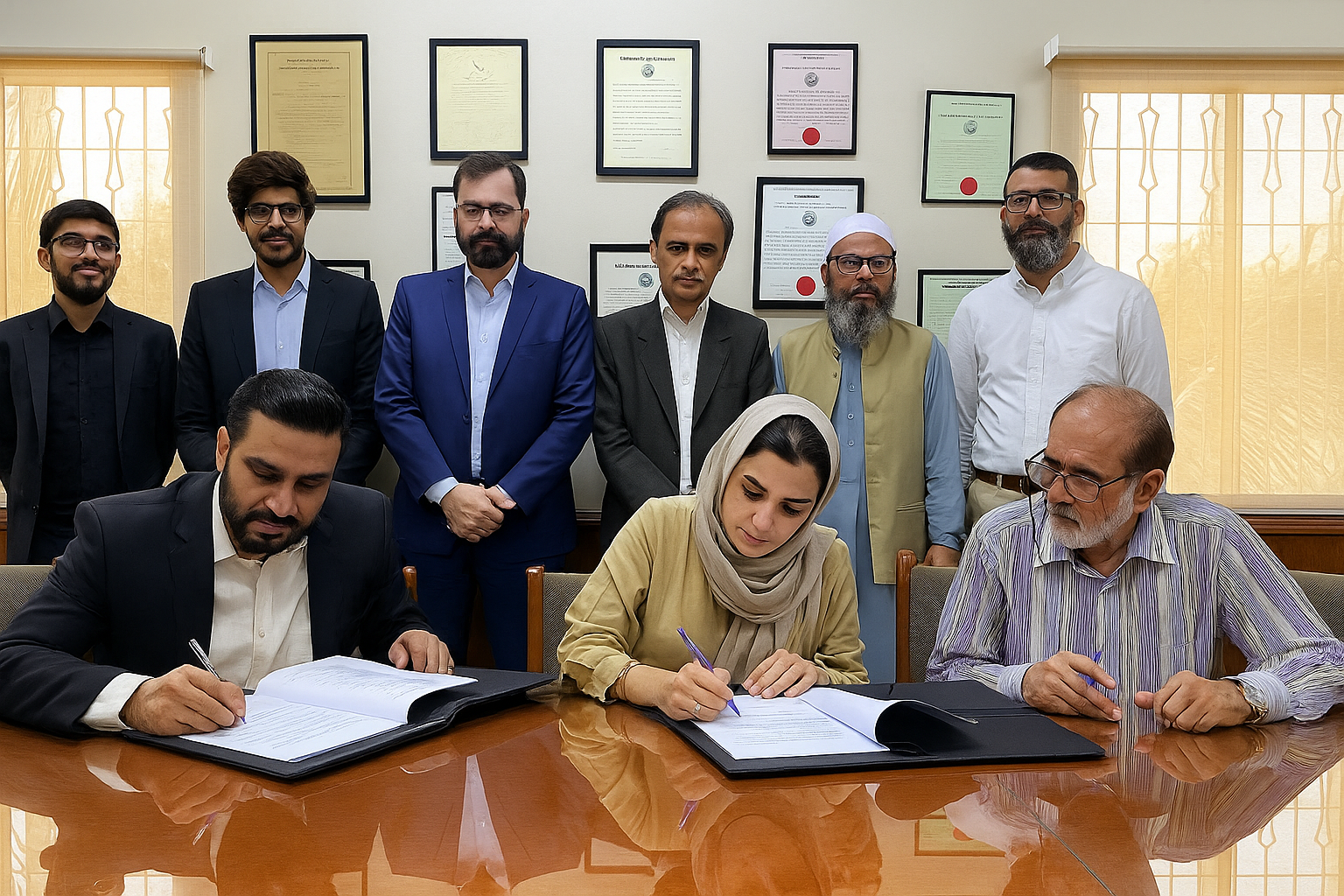PTV Subsidy Boost: Government Approves Rs11 Billion Lifeline
The federal government has approved a significant PTV Subsidy worth Rs11 billion to support the state broadcaster during its financial crisis. This decision comes in the wake of the withdrawal of the Rs35 monthly fee previously charged through electricity bills, which left Pakistan Television Corporation (PTV) facing severe revenue shortfalls.
The Economic Coordination Committee (ECC) of the cabinet, chaired by Finance Minister Muhammad Aurangzeb, endorsed the grant and outlined a quarterly disbursement plan to stabilize the broadcaster’s operations and ensure uninterrupted transmission.
Immediate Release of Funds
According to the Ministry of Finance, the ECC considered a summary presented by the Ministry of Information and Broadcasting. Out of the approved PTV Subsidy, Rs3.8 billion will be disbursed immediately, while the remaining amount will be released in quarterly installments. These funds will cover PTV’s operational needs, including salaries, pensions, and essential broadcasting services.
Officials emphasized that the PTV Subsidy was designed to provide immediate relief while the corporation explores strategies for long-term sustainability.
Reliance on State Support
The finance ministry, while approving the PTV Subsidy, also underlined the urgent need for PTV to reduce its reliance on budgetary support. The ECC urged the broadcaster to devise a roadmap toward self-sufficiency, focusing on modernization, revenue generation, and innovation in programming.
This was particularly highlighted after Prime Minister Shehbaz Sharif had earlier directed the discontinuation of the controversial TV licence fee charged via electricity bills. While the move relieved citizens, it created a funding vacuum for PTV, making the PTV Subsidy crucial to keeping the organization afloat.
Financial Strain Without PTV Subsidy
PTV had been facing a cash crunch following the abolition of the Rs35 per electricity connection fee. Pending liabilities began piling up, including unpaid salaries and pensions for three months. Operational expenses also came under threat, raising concerns about the broadcaster’s ability to maintain its services.
It was in this backdrop that the government stepped in with the PTV Subsidy, ensuring that broadcasting services remain uninterrupted despite the financial difficulties. Officials confirmed that the subsidy will be released in quarterly tranches of Rs2.4 billion each after the initial payment.
READ MORE:
https://freedompakistan.com.pk/it-exports/
Prime Minister’s Directives
Prime Minister Shehbaz Sharif had earlier intervened in the matter, recognizing the gravity of the situation. He directed the Finance Division to allocate the PTV Subsidy as part of fiscal year 2025–26 funding. His instructions were clear: PTV must not be allowed to collapse due to a funding gap created by policy shifts in billing.
The PTV Subsidy thus represents not only financial relief but also a political commitment to sustain the state broadcaster, which plays an important role in national communication and public awareness.
Broader ECC Decisions
The ECC meeting that approved the PTV Subsidy also addressed other economic matters. Among them were measures to reduce electricity prices for consumers by reallocating funds collected from gas-based captive power plants. The National Electric Power Regulatory Authority (NEPRA) was tasked with revising tariffs downward through the monthly fuel price adjustment mechanism.
Additionally, the ECC approved guidelines under the Captive Power Plants Levy Act, 2025, to gradually increase levies on captive gas power plants and encourage their transition to the national electricity grid.
White Oil Pipeline Project
Another important decision taken at the ECC session was related to the Machike-Thalian-Taru Jabba White Oil Pipeline project with Azerbaijan. The Petroleum Division’s recommendations were approved, allowing the launch of this strategic project. Officials highlighted that it will not only strengthen Pakistan’s energy infrastructure but also enhance bilateral ties with Azerbaijan.
While these projects hold long-term significance, it was the PTV Subsidy that drew the most attention, as it directly impacts a vital national institution already under financial strain.
Flood Relief in Gilgit-Baltistan
The ECC also approved the release of Rs3 billion for flood relief in Gilgit-Baltistan. These funds will be utilized for providing essential supplies such as tents, medicines, and food, as well as reconstructing damaged infrastructure.
Although significant, this relief package was overshadowed in the news cycle by the announcement of the PTV Subsidy, which had been awaited by employees and stakeholders of the broadcaster.
PTV’s Path Forward
While the PTV Subsidy provides a short-term cushion, experts argue that structural reforms are needed for long-term sustainability. PTV must modernize its operations, adopt digital platforms, and diversify revenue streams to reduce dependence on government handouts.
The ECC’s approval of the PTV Subsidy was conditional on PTV’s efforts to chart a roadmap toward financial independence. This includes exploring advertising opportunities, partnerships, and innovative content strategies to attract larger audiences.
National Importance of PTV Subsidy
The PTV Subsidy is not just about keeping a broadcaster alive; it is about preserving an institution that plays a central role in national broadcasting, public awareness, and cultural representation. PTV provides nationwide coverage, reaching remote areas where private broadcasters have little presence.
In times of crisis, whether floods, natural disasters, or health emergencies, PTV remains the primary source of government communication. The PTV Subsidy thus carries national importance, ensuring that citizens continue to receive reliable information during critical times.
Criticism and Public Opinion
While many welcomed the PTV Subsidy, critics argue that constant reliance on subsidies is unsustainable. They believe the corporation should reinvent itself rather than depend on taxpayer-funded bailouts. Public opinion remains divided, with some appreciating the continuity of services and others questioning the repeated financial support to a loss-making organization.
Conclusion: PTV Subsidy as a Lifeline
The government’s approval of the Rs11 billion PTV Subsidy marks a critical moment for Pakistan’s state broadcaster. By ensuring the timely disbursement of funds, the government has prevented a potential shutdown and guaranteed that employees’ salaries and pensions are paid.
At the same time, the ECC’s message was clear: the PTV Subsidy is a temporary lifeline, not a permanent solution. PTV must embark on structural reforms, explore digital innovation, and move toward financial independence. The future of the national broadcaster depends on how well it adapts in the coming years while continuing to serve the people of Pakistan.












